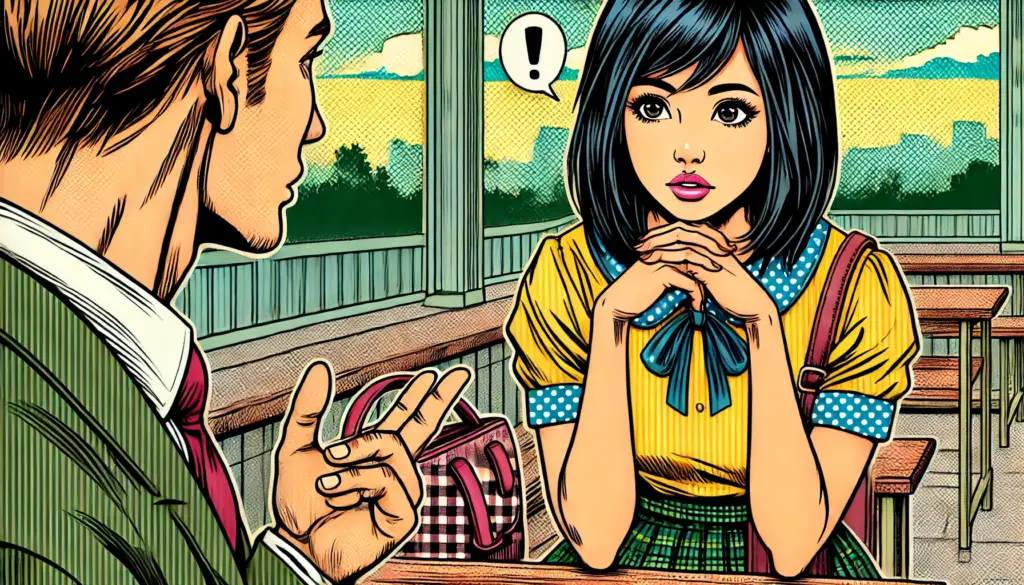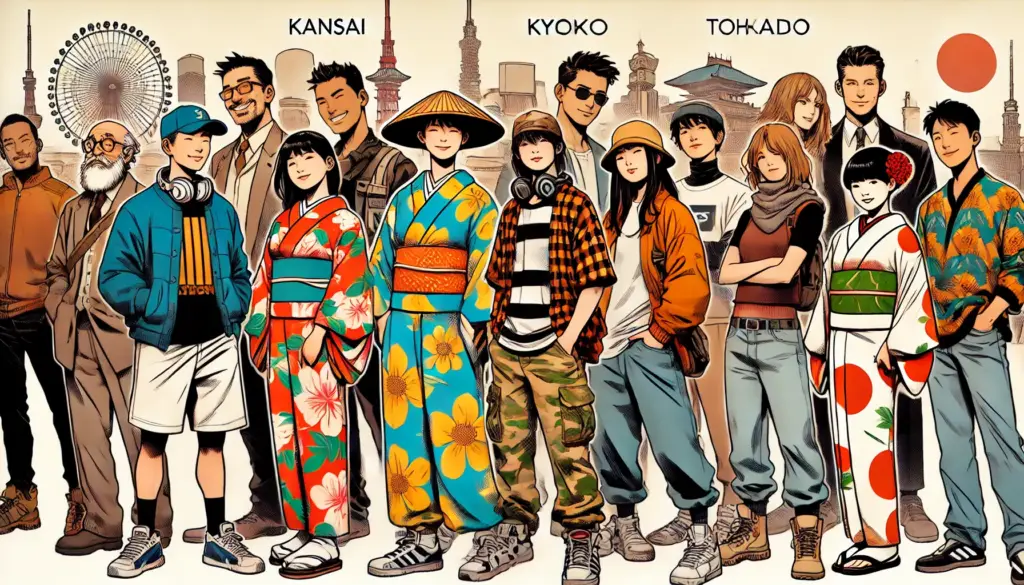
If you’ve ever attempted to speak Japanese in Japan, chances are high that you’ve heard the phrase:
“日本語上手ですね!” (“Your Japanese is so good!”)
It’s a line so frequently delivered that it almost feels scripted — often within the first few words of conversation. But what does it really mean? Is it genuine praise? A polite gesture? Or a subtle sign that you still sound like a foreigner?
Understanding how native Japanese speakers react to your Japanese skills can give you fascinating insight not only into your own language progress but also into Japanese communication culture itself. Let’s dive into the hidden meanings behind their responses — and how to know when you’ve actually become fluent.
🎌 The Famous “Nihongo Jouzu Desu Ne” — What It Usually Means
Most Japanese learners get excited the first time they hear “日本語上手ですね.” It sounds like a compliment — and on the surface, it is. However, context is everything.
In many cases, this phrase is used more out of politeness than genuine admiration. Even if you’ve only said “konnichiwa” or “arigatou,” you might still hear it. Why?
- Politeness culture: Complimenting foreigners on their Japanese is part of omotenashi (hospitality). It’s a way to encourage and put you at ease.
- Cultural humility: Japanese people are often self-deprecating about their own English ability. Complimenting your Japanese is seen as a polite exchange.
- Low expectations: If a foreigner speaks a few words of Japanese, it’s often still considered surprising. Saying “jouzu” is a friendly way of acknowledging the effort.
So ironically, the more often you hear “nihongo jouzu,” the less fluent you might actually be. 😅
🧠 What Japanese People Say When You’re Actually Fluent
Once you reach a high level of Japanese — fluent conversation, correct grammar, natural intonation — the reaction changes. Japanese people tend to stop commenting altogether.
Here’s what that silence really means:
✅ 1. You Blend In
If you speak like a native, you won’t stand out. The biggest compliment might be no compliment at all — they just continue the conversation as if you’re Japanese. That’s your goal.
✅ 2. Surprise or Confusion
Instead of saying “jouzu,” they might ask:
- “Where did you learn Japanese?”
- “Did you live in Japan?”
- “Are you half Japanese?”
These questions imply your fluency is unexpectedly high. They’re trying to make sense of it.
✅ 3. Comment on How You Speak
Rather than the generic “jouzu,” they might say:
- “You sound like someone from Kansai.”
- “You speak very politely.”
- “You use difficult words!”
These reactions show genuine observation — and they almost never happen at beginner or intermediate levels.
🤫 The Secret Code: Subtle Social Signals
Japanese communication is often indirect, especially when it comes to praise. Here’s how to decode the real message behind different types of responses:
| Phrase | Possible Meaning |
|---|---|
| “Nihongo jouzu desu ne!” | You tried. It’s nice that you’re making the effort. |
| “Mecha umai na!” (Kansai dialect) | Wow, you’re genuinely fluent. |
| “Ehh, hontou ni gaikokujin?” | Are you really not Japanese? |
| Silence | You passed the test — you’re being treated like any other Japanese speaker. |
| Correcting your grammar politely | You’re in the “serious learner” category now. |
💬 What You Should Say When Complimented
If someone says “Nihongo jouzu desu ne,” what’s the most natural reply?
Instead of saying “arigatou gozaimasu” (thank you), most fluent speakers use a humble, self-deprecating phrase such as:
- “Iie, mada mada desu.” (“No, not at all — I’ve still got a long way to go.”)
- “Toriaezu, seikatsu ni komaranai kurai desu.” (“Just enough to get by in daily life.”)
This shows cultural awareness and humility — both highly appreciated in Japan.
🧩 Beyond Language: Understanding Social Harmony
At its core, the way Japanese people react to your language skills isn’t just about language. It’s about social harmony (wa), face-saving, and empathy.
Even if your grammar is broken, they may still encourage you to maintain good rapport. And when you get better, they might stop complimenting you — not to be rude, but because you’ve been upgraded to “regular” status.
If you ever feel confused or even disappointed by the lack of enthusiastic feedback, remember: silence or casual conversation can actually be the most respectful acknowledgment of your progress. 🧘
✨ Final Thoughts: When “Jouzu” Isn’t Enough
So how do you really know your Japanese is good?
When the conversation flows naturally. When no one slows down or switches to English. When people ask you complex questions without hesitation. When someone talks to you as they would to a fellow Japanese person — that’s when you know.
In Japan, compliments can be misleading. But reactions never lie. Learn to read between the lines, and you’ll discover a deeper layer of the culture — one that rewards humility, subtlety, and quiet mastery.





















































